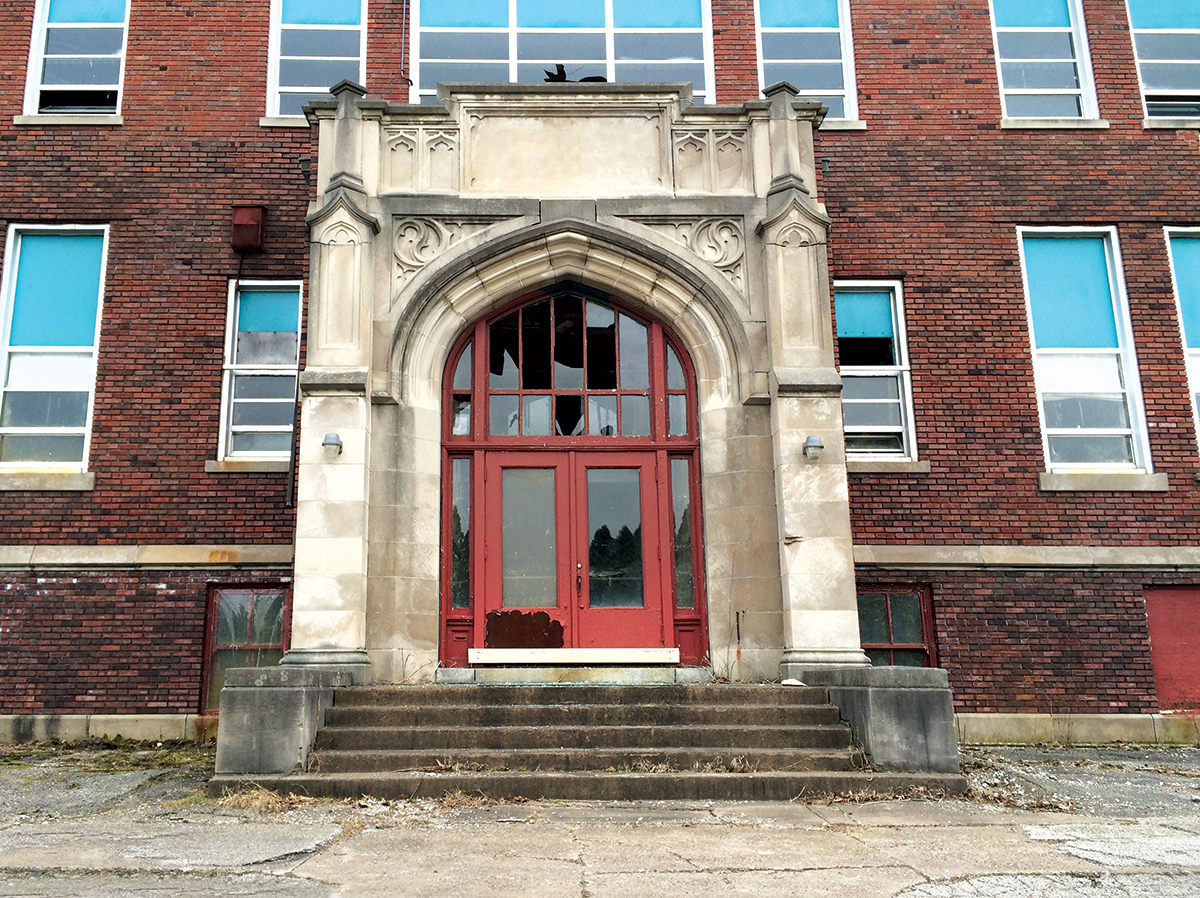Roman Catholics had the same idea. The school and the parish were one in the same for many years and the work of the school was not simply education but the support of the baptismal new life and the equipping of that youth to live out his or her faith in the world.
Look around you and it would seem that the Lutheran school and the Roman Catholic school is meeting pretty much the same fate. Over the years, schools listened to the experts and now their curriculum is largely an imitation of the public school -- with the addition of a religion class. The schools looked around them at the changes in the moral and ethical fabric of our nation and tried to accommodate them as best they could. They worked to provide a private school with religious nuance that was really a public school with a religious nuance. When that happened, the parochial school lost its soul and its very reason for being.
Now those once vibrant places of faith and learning have entered into a spiral of decline. Costly and losing students to other options, parishes are facing the inevitable as more and more parochial schools close. It cannot be said that we gave it our best and it was not good enough. It might be said that we did not give it our best at all. We lost our focus and the mission of congregation and school went in separate directions. Instead of a robust faith identity and flavor, the classroom as well as the chapel because a mirror of the casual Christianity of the worst in evangelicalism. We told ourselves we had to do this because we had so many non-Lutheran students but it was a convenient lie. We could have tried to be more Lutheran instead of less and to maintain an identity in which the mission of both congregation and school were the same.
Sure, there is some life. Where public schools are still failing miserably, some parochial schools are surviving. Where classical schools have been born, a new and exciting chapter is being written on what it means to be a Lutheran school. Where home school cooperatives and micro schools bring people together, there is still the possibility of a mission. Where the academy is replacing the parochial school, some future is created. All of it depends upon recalling our first mission. We are not here to educate or socialize or inspire or equip but to connect the faith to daily life. It was and is the first mission of the parochial or parish school to equip the baptized to live out their vocation in the world. This includes confronting them with the calling of pastor and other church workers now in such desperate need. This means that the beating heart of the school is not in its mascot or its parent-teacher organization or its financial balance or even in its classroom but in the chapel. The Word is not simply an addition to the school but its reason for being and its focus. In the Chapel the children are catechized through the liturgy as well as the more intentional preaching and teaching. Music is a central part of this -- the great hymns of the faith, the chanting of Psalms, the canticles, and the sung offices.
There was a time when most any Lutheran (or Roman Catholic) could give a decent rationale for having a parish school. I fear that time has come and gone and now the school is suffering because we are not at all sure why we have them in the first place. It was not the school's fault but the inattention of our parish leaders and pastors to what is going on in the world, in public education, and to the job of reminding us from generation to generation why the Lutheran school is important. In the wake of our failures, we have the trappings of a Lutheran school without its real intention. That is a sure recipe for more closings and the death of a once vaunted institution that went hand in hand with the church.

1 comment:
"Over the years, schools listened to the experts and now their curriculum is largely an imitation of the public school -- with the addition of a religion class.... When that happened, the parochial school lost its soul and its very reason for being."
This can be seen in Missouri Synod parochial schools and in some Concordia teacher training schools.
In 2013, the Lutheran Education Association posted the article, "Common Core State Standards:Should Lutheran Schools Consider Adopting the Common Core State Standards?" written by the LCMS School Ministry. The LCMS answer to the title question was "Yes."
More recently we've seen several (some now defunct) Concordia colleges and universities deep in the cesspool of leftwing woketard "Diversity, Inclusion, and Equity" (D.I.E.). One Concordia university continues to suspend (for over five months so far) a professor for pointing out the existence of such wokeism at his university.
Post a Comment